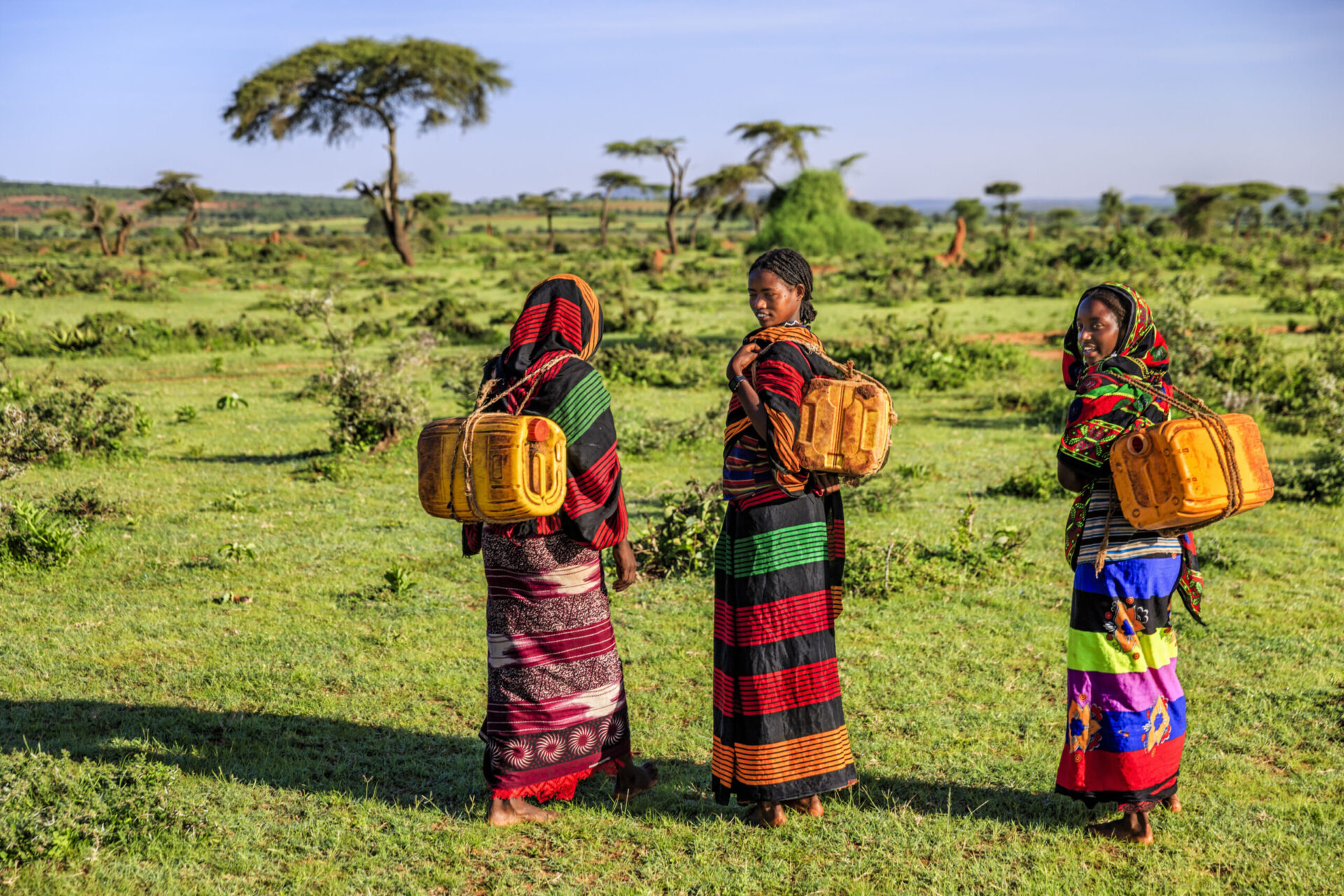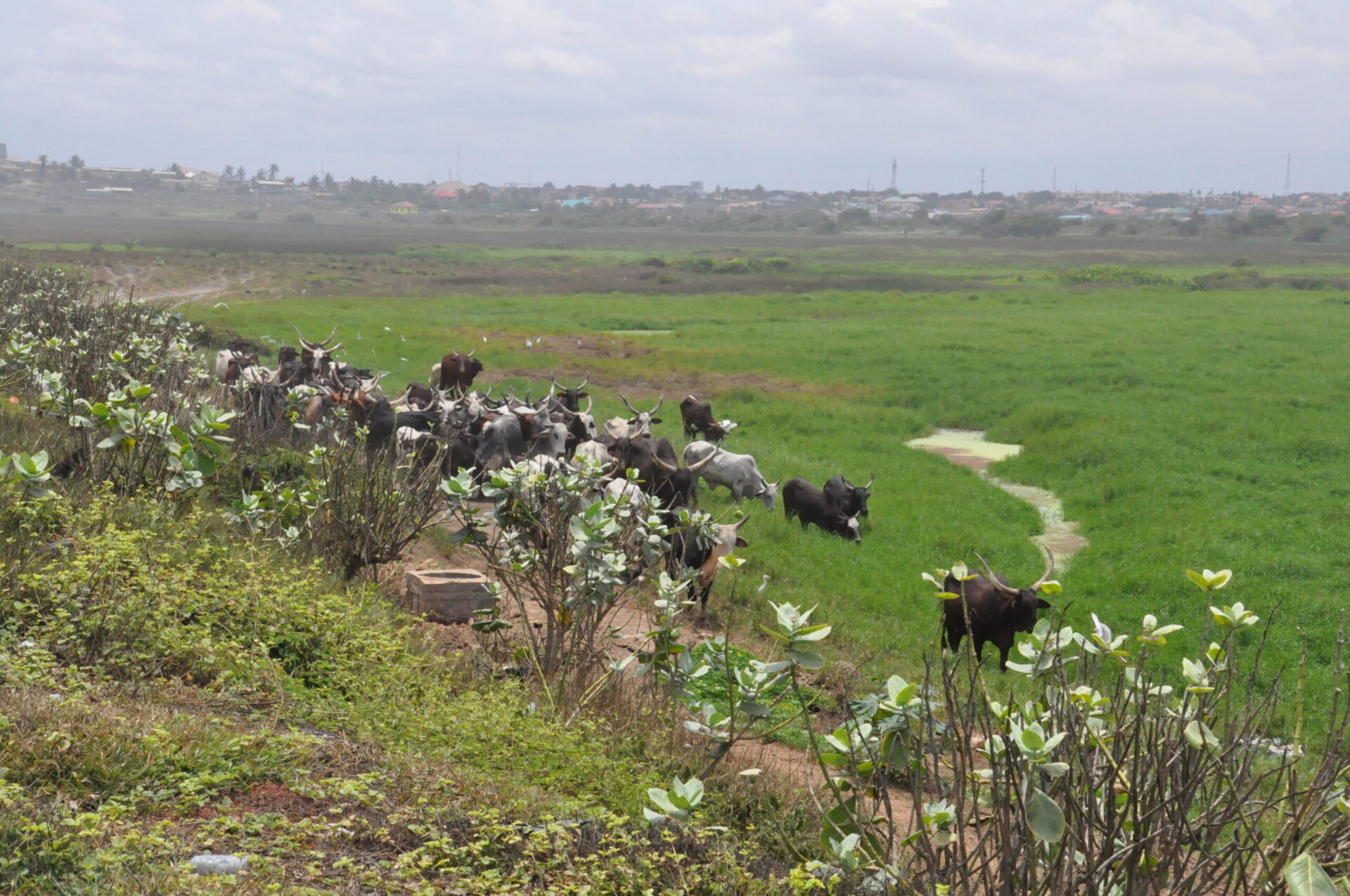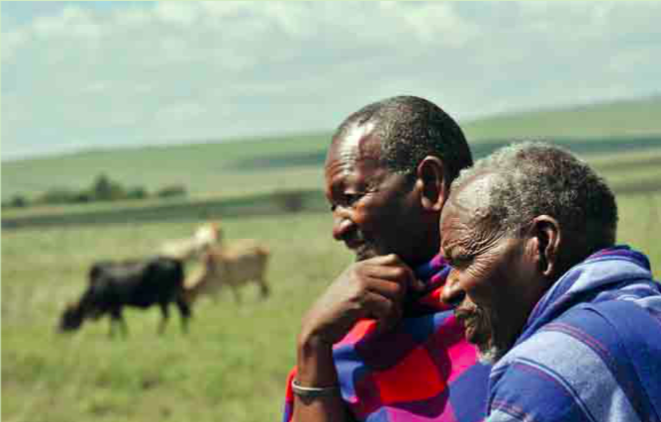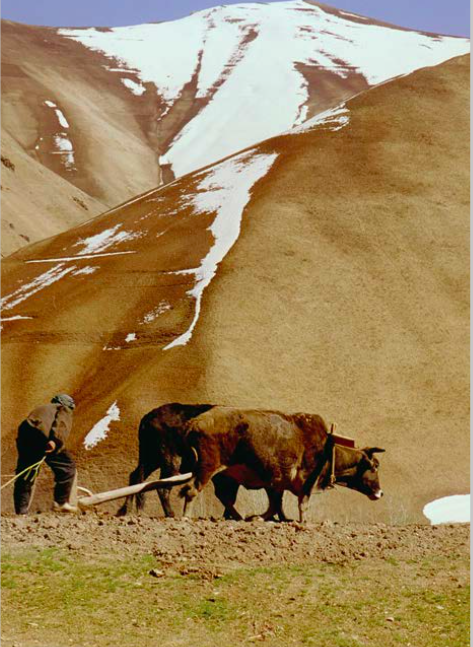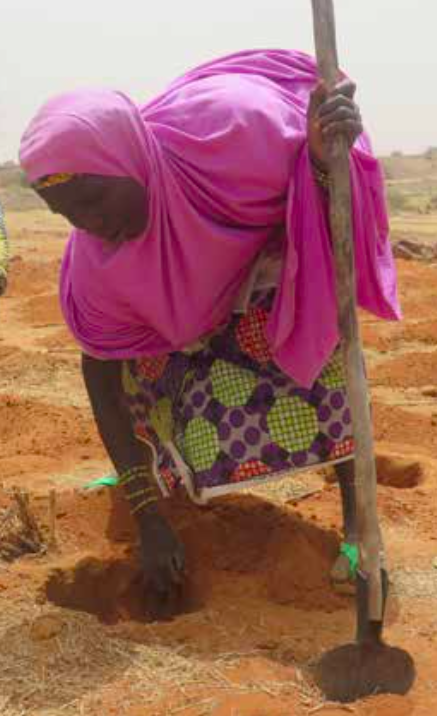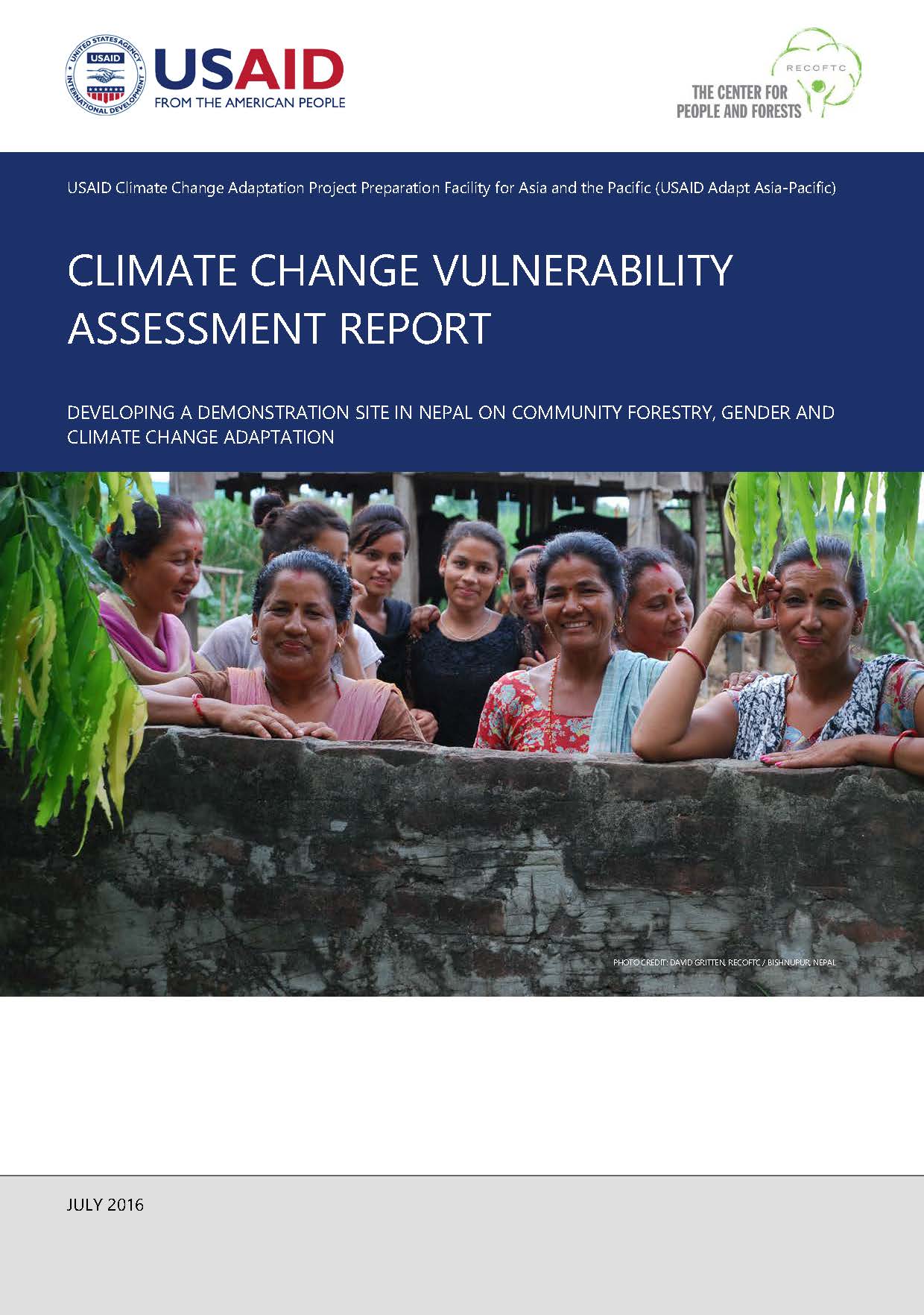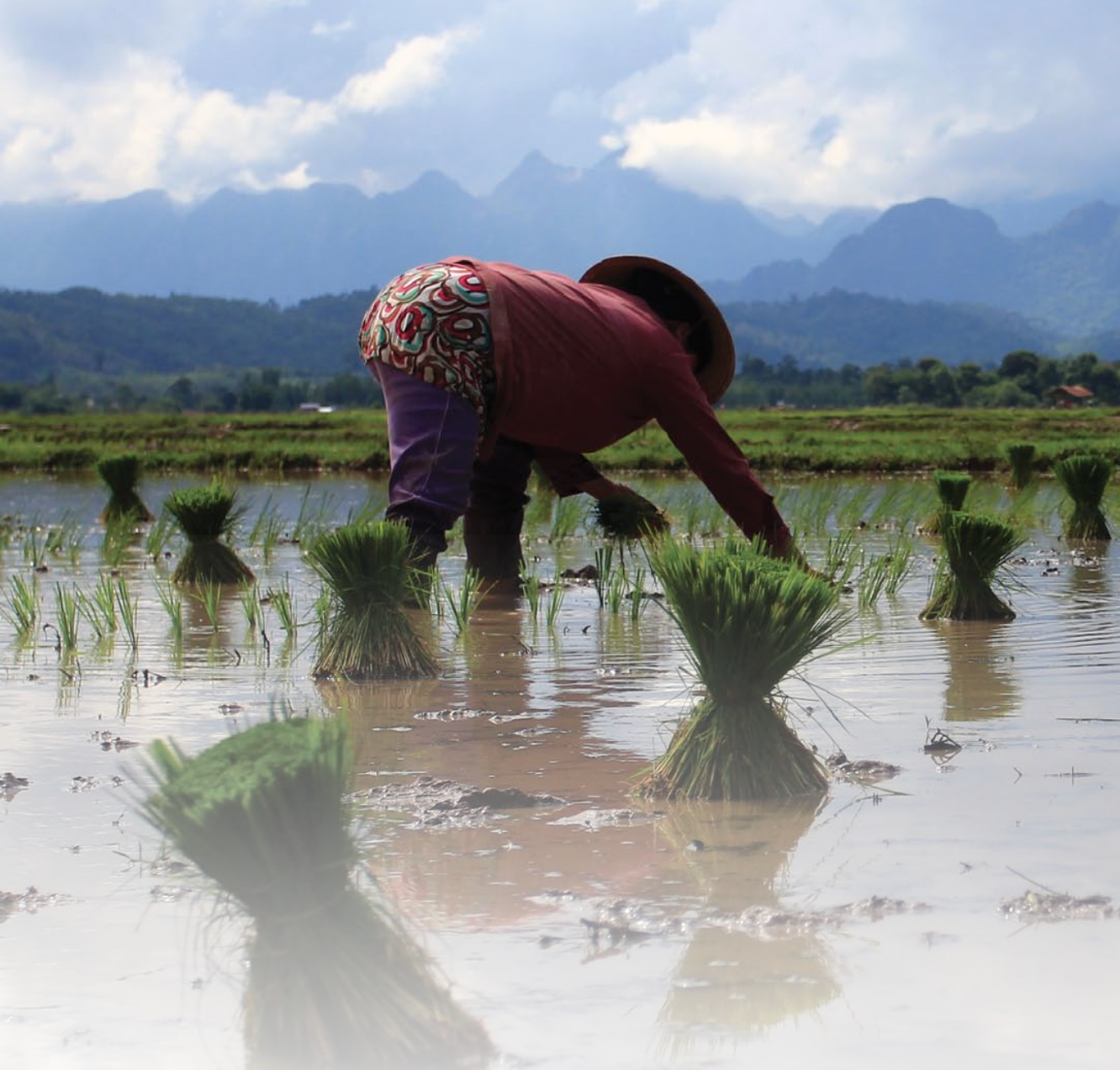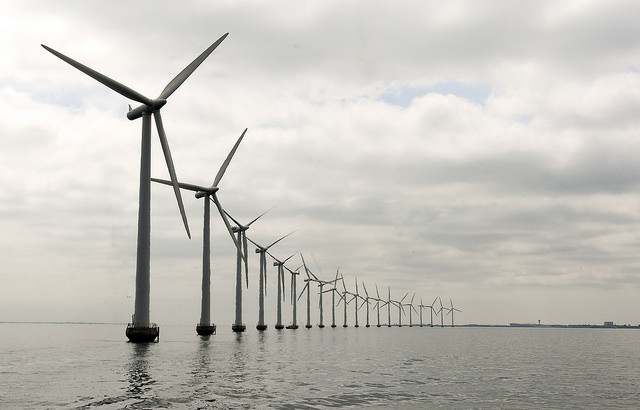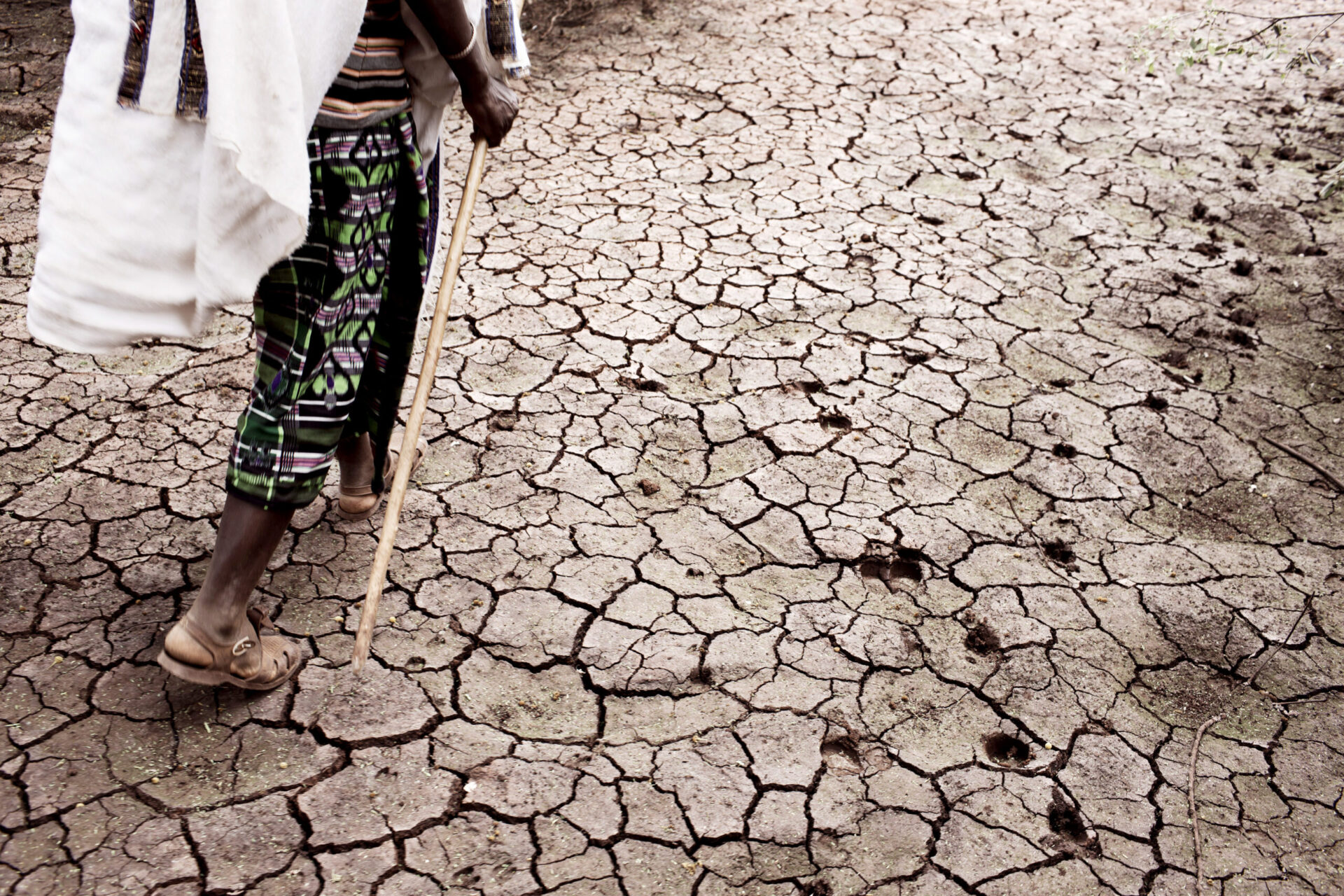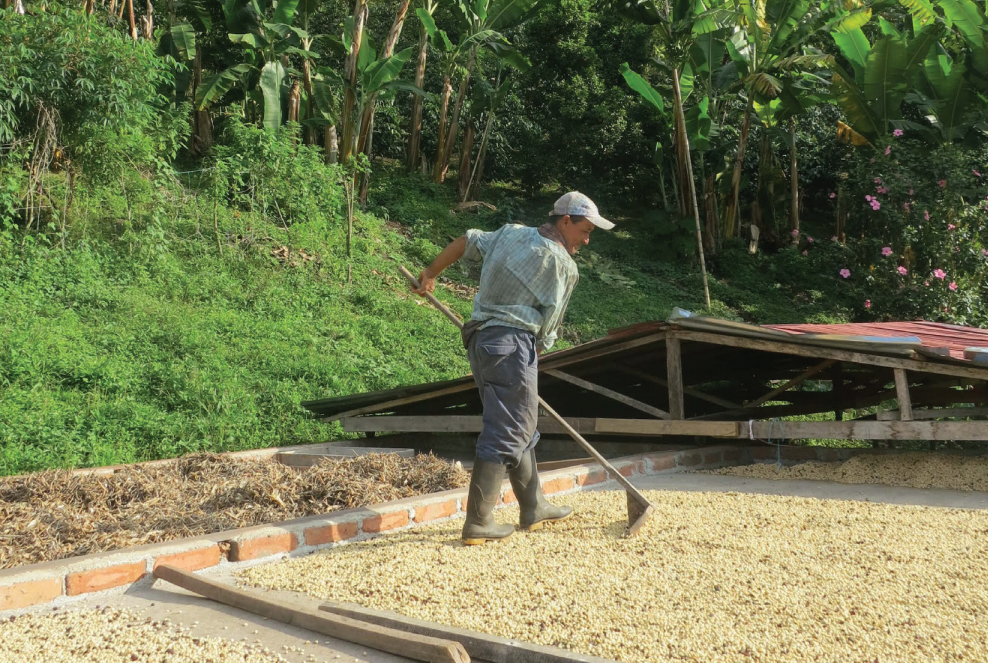sustainable livelihoods approaches
Conducting Gender Analysis to Inform National Adaptation Plan (NAP) Processes: Reflections from six African countries
This briefing note describes the rationale and approach that NAP Global Network has taken in supporting NAP-focused gender analyses in six African countries.
An Annotated Bibliography on Ecosystem Approaches in Africa (2015 – 2018)
This work summarizes 700 articles, papers, books and reports on topics ranging from general ecosystem theory, implementation and its application from 2015 to 2018.
Climate-Smart Agriculture Sourcebook and Platform
This Sourcebook provides a wide range of knowledge and expertise to support actors to make the agricultural sectors (crops, livestock, fisheries and forestry) more sustainable and productive.
Climate-Resilient Agriculture in South Asia: An analytical framework and insights from practice
The paper explores entry-points for and examples of climate resilient agriculture (CRA) in South Asia, and the current challenges and knowledge gaps affecting it's implementation.
Framing innovations for climate resilience for farmers in the Sahel
This paper examines innovative approaches that have been adopted in four BRACED projects to build resilience to current and future climate risks.
Climate Change Vulnerability Assessment Report: Developing a Demonstration Site in Nepal on Community Forestry, Gender and Climate Change Adaptation
A framework for better understanding and assessing climate change vulnerabilities in a context of multiple competing interests in a community forestry landscape through a pilot site in Nepal.
The Consolidated Livelihoods Exercise for Analyzing Resilience (CLEAR) approach
The Consolidated Livelihood Exercise for Analyzing Resilience (CLEAR) is an analytical approach developed by WFP to better understand how food security is affected by climate risks.
Key reports for the CC&E Network 2014-2016
These publications provide insights and learning on key topics in climate change mitigation, adaptation and sustainable development, and highlight areas for future research and policy development.
Routes to resilience: Lessons from monitoring BRACED
This paper shares insights, reflections and lessons learned from designing, implementing and reporting against the BRACED Monitoring and Evaluation framework.
The Indirect Effects of Adaptation: Pathways for Vulnerability Redistribution in the Colombian Coffee Sector
This paper examines the possibility that measures taken to bolster livelihoods and adapt to climate change in one place could increase vulnerability elsewhere.
